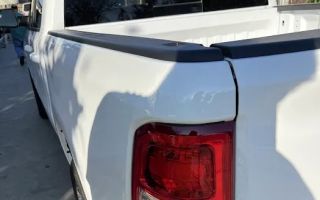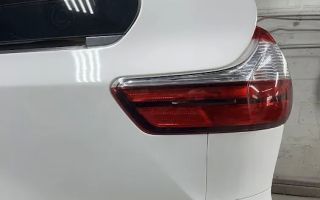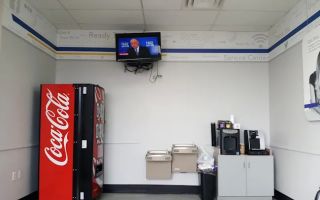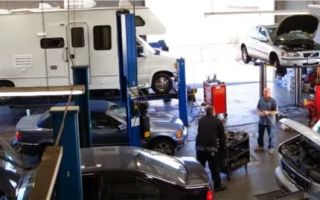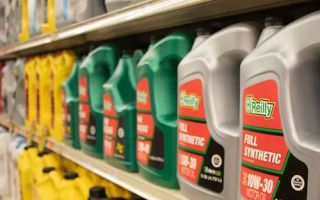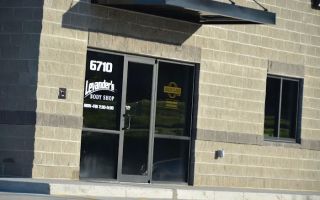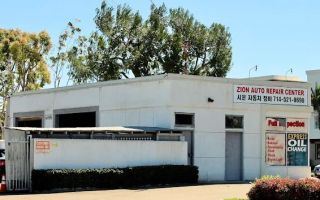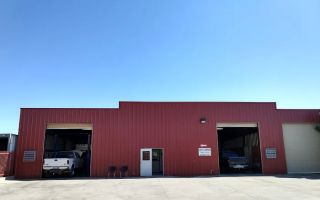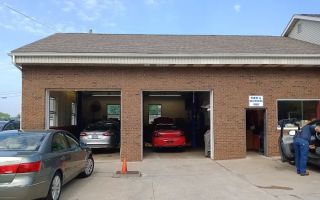Mastering the Art of Communicating Your Towing Needs
We've all been there: you're stranded on the side of the road, your car's broken down, and the clock is ticking. Your heart races as you start thinking about how you're going to get back on the road. The first thing that comes to mind is calling a towing company. But how do you communicate your towing needs to make sure you get the right service at the right time? In this guide, I’ll walk you through everything you need to know about effectively communicating your towing needs to a company. These tips will help ensure that you get prompt, professional service and that your experience is as smooth as possible.
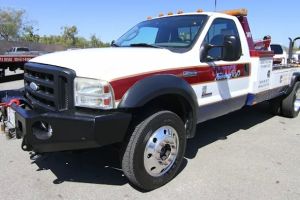
United Towing Service Inc.
26170 Adams Ave, Murrieta, CA 92562, USA
1. Be Clear and Detailed About Your Location
The first thing you need to do when contacting a towing company is to provide them with your exact location. It's important to be as precise as possible. You might think saying, "I'm on Main Street," will suffice, but it’s not always enough. Here’s how you can provide better details:
- Use Landmarks: If you are near a well-known building, restaurant, or gas station, mention it. For instance, saying “I’m near the McDonald’s on 5th and Main” helps the dispatcher know exactly where you are.
- GPS Coordinates: If possible, use your smartphone’s GPS to share your coordinates. Many towing companies will ask for this, and it ensures that they can pinpoint your location quickly.
- Street Names and Numbers: Always provide both the street name and the number if available. Even better, describe which direction you are facing (north, south, etc.) to give the dispatcher a clearer understanding.
2. Describe the Condition of Your Vehicle
When you call a towing company, one of the first questions they will likely ask is about the condition of your vehicle. The more information you can provide about your car's issue, the better they can prepare for the tow. Here’s what you need to consider:
- Vehicle Type: Mention if your car is a sedan, truck, SUV, or motorcycle. Each type of vehicle may require different equipment for towing.
- Condition: Is your car disabled and unable to start? Or is it just stuck in a tricky spot? The more details you provide about why you need a tow, the better.
- Damage and Hazards: If there’s significant damage (e.g., a flat tire, broken axle, or leaking fluids), let them know. This helps the tow truck driver be more cautious and prepared.
3. Specify the Destination for the Tow
Not all tows are going to the same place. Some people need a tow to a repair shop, while others just need their vehicle moved to their driveway. The towing company needs to know where you want your car to go. When providing this information, be sure to:
- Provide an Address: If you need the car moved to a specific address, be sure to include the complete address (including zip code). If it's a business, the name of the business can help avoid confusion.
- Explain Special Requirements: If your car needs to be towed to a shop that specializes in a certain type of vehicle or repair, let the dispatcher know. Special towing services may be required.
- Time-Sensitive Requests: If the tow is time-sensitive, be upfront about it. For example, if you need the vehicle towed before a certain time due to a scheduling issue, let them know as soon as possible.
4. Understand Your Towing Options
Towing companies typically offer a variety of services. Knowing what kind of service you need before calling can help streamline the process. Some common towing options include:
- Flatbed Towing: This type of towing is ideal for vehicles that are heavily damaged, have low clearance, or can't be safely towed using traditional methods.
- Wheel-Lift Towing: If your vehicle is still operational and you simply need it moved, this may be a quicker and more affordable option.
- Heavy-Duty Towing: For large vehicles like trucks, RVs, or buses, you may need to request a heavy-duty tow truck. Make sure to specify if your vehicle is especially large or heavy.
5. Ask About Pricing and Payment Options
Before you confirm the tow, it’s a good idea to ask about the pricing. Towing fees can vary greatly depending on the distance, type of vehicle, and the time of day. By asking about the price upfront, you can avoid surprises later. Here are some things to consider:
- Flat Rate vs. Hourly: Some companies charge a flat rate for towing, while others charge based on the time and distance. Be sure to ask about how they calculate the fee.
- Emergency Fees: If you're calling after hours or on a holiday, emergency fees may apply. It's best to confirm the price range before the service is dispatched.
- Payment Methods: Ask about accepted payment methods. Many companies accept credit cards, while others may only accept cash. Make sure you're prepared to pay in the method they accept.
6. Prepare for the Tow
Once you’ve communicated all your needs, it’s time to prepare for the tow. While waiting for the tow truck to arrive, there are a few steps you should take to ensure everything goes smoothly:
- Stay Safe: If you’re on the side of the road, make sure your car is in a safe location and that you are visible to other drivers. Turn on your hazard lights and move as far off the road as possible.
- Gather Important Documents: If you need to provide proof of ownership or registration, have those documents ready.
- Stay in Communication: If you need to change the destination or provide additional details, stay in touch with the towing company. A quick call can save a lot of confusion later on.
7. How to Avoid Future Towing Issues
While I hope you never need to call a towing company, it’s always a good idea to be prepared. Here are some tips to help you avoid future towing headaches:
- Regular Vehicle Maintenance: Keeping your vehicle well-maintained can reduce the chances of an unexpected breakdown.
- Know Your Insurance Coverage: Some insurance policies offer roadside assistance, which could cover the cost of a tow.
- Keep Emergency Contacts Handy: Always have the contact information of a reliable towing company saved in your phone, just in case.
When it comes to towing, clear communication is key. By providing all the necessary information upfront, you’ll not only get faster service, but you’ll also ensure that the tow goes smoothly and that you’re billed appropriately. Whether you’re dealing with a flat tire, a broken-down engine, or just need your car moved, these tips will make the process easier and less stressful.
If you’re looking for reliable towing services, feel free to reach out to us at Rescue & Towing, where we’re dedicated to providing fast, efficient, and affordable towing solutions. Let us help you get back on the road as quickly as possible!

